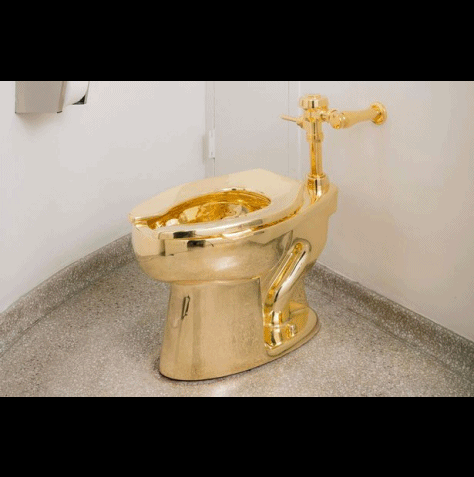A gastroenterologist’s best friend?
Researchers at Duke University have taken the “Internet of Things” to a new level, with the development of a “Smart Toilet” that can detect bowel movements and classify stools.
The AI technology, which was presented at Digestive Disease Week 2021, could assist in managing chronic gastrointestinal issues such as inflammatory bowel disease and irritable bowel syndrome, a hopeful press release stated.
And no stress if you don’t want to go out and buy a whole new toilet – the smart device can be retrofitted into the pipes of an existing toilet.
Once the device is in place, it takes an image each time the person flushes to capture a photograph of the stool as it travels on its merry way to the sewers.
The data is then sent to the gastroenterologist, who will be able to see if the stool is loose, normal or constipated, and whether there is blood present, which should help with monitoring patients.

The AI was trained on over 3,000 stool images found online. The researchers found that the algorithm accurately classified the stool form 85% of the time and blood 77% of the time.
“Typically, gastroenterologists have to rely on patient self-reported information about their stool to help determine the cause of their gastrointestinal health issues, [a process that] can be very unreliable,” said Dr Deborah Fisher, one of the lead authors on the study and associate professor of medicine at Duke University in Durham, North Carolina.
“Patients often can’t remember what their stool looks like or how often they have a bowel movement, which is part of the standard monitoring process. The Smart Toilet technology will allow us to gather the long-term information needed to make a more accurate and timely diagnosis of chronic gastrointestinal problems.”
See something stupid, say something stupid… Send story tips to felicity@medicalrepublic.com.au


